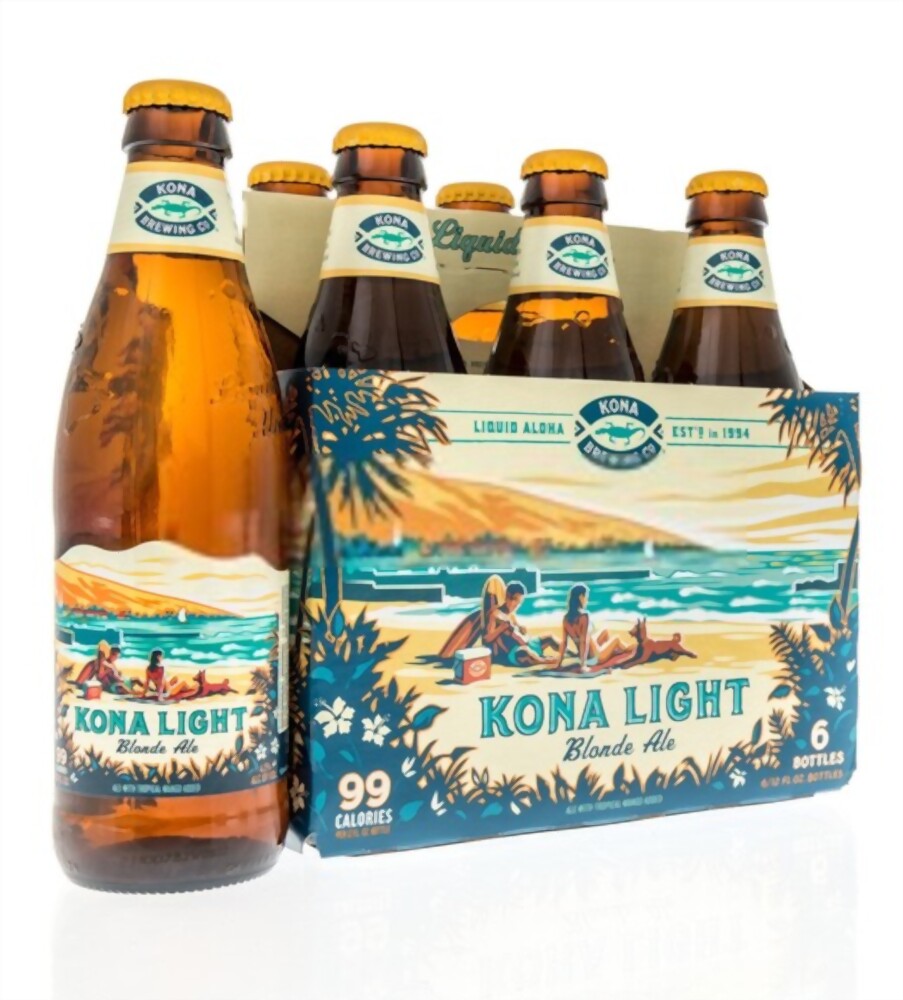In class-action suits, courts increasingly accept conjoint analysis as a way of establishing a damages model. By surveying appropriate audiences about how they would respond to certain product features in the marketplace, conjoint surveys can measure consumer preferences for certain features. The conjoint expert analysis in the Kona Beer case, Broomfield vs Craft Brew Alliance, underscores the importance of using proper survey design, accurately assigned attributes, and accepted methodologies.
Case Facts
Plaintiffs Theodore Broomfield, Sara Cilloni, and Simone Zimmer (collectively, plaintiffs) allege that Craft Brew Alliance (CBA) intentionally misled consumers into believing that its Kona Brewing Company Beers were brewed in Hawaii. CBA has a brewery in Hawaii where it brews its draft beer sold in Hawaii. Its bottled and canned beer is brewed in Oregon, Washington, New Hampshire, and Tennessee.
The box for the company’s twelve packs of beer includes a map of Hawaii, with the location of the Hawaii draft brewery marked. The package also includes an invitation reading, “We invite you to visit our brewery and pubs whenever you are in Hawaii”; imagery related to Hawaiian culture; and an address in Kailua-Kona, Hawaii. Because of these packaging features, plaintiffs alleged that Kona Beer was packaged and marketed to mislead customers. Plaintiffs claimed that they paid a premium for Kona Beers under the assumption that they were brewed exclusively in Hawaii, more than they would pay for beer brewed in Oregon, Washington, New Hampshire, and Tennessee.
In response, CBA argued that the claims on the packaging were non-actionable puffery and did not require a clear disclaimer under California’s consumer protection statutes. It also argued that the individual bottles in the twelve-pack included the brewery’s addresses in the mainland U.S.
Discussion of Conjoint and Materiality Surveys and Damages
The plaintiffs’ proposed theory of liability and damages rested on the presumption that consumers paid more money for the CBA beers than they would for other beers, under the belief that the beers are brewed in Hawaii. Thus, they needed evidence of whether the belief that the beer is brewed in Hawaii is material to purchasing behavior, and whether the consumer reliance on this fact enables CBA to charge a price premium for its product.
Two surveys were submitted as evidence to support the damages model: a materiality survey and a choice-based conjoint survey. Plaintiffs’ experts testified that the survey measured whether the fact that the beer was brewed in Hawaii was material to the purchase, and determined a price premium based on the conjoint analysis, to be used to determine the amount of restitution owed to each class member.
CBA challenged the submitted materiality survey, alleging that it failed to replicate real-world market conditions and did not ask questions that accurately measured the materiality of the location of brewing to consumers’ purchasing decisions. CBA also alleged that the conjoint analysis failed to calculate the price premium received by CBA–only that paid by plaintiffs–and that the survey only reflected consumer demand without supply. The court accepted the damages model, the conjoint analysis, and the materiality survey.
Court Ruling
Ultimately, the court ruled that the labels were not puffery. The Hawaiian address, the map identifying the brewery, and the invitation to visit the brewery were specific and measurable representations of fact that could deceive a reasonable consumer, the judge wrote. Since the addresses on the individual beers were only visible after purchase, they could not constitute a disclaimer. The court also ruled that a reasonable consumer would not be led to believe the brewing was only in Hawaii.
If you need to conduct a conjoint survey to determine damages in a consumer class-action matter, contact MMR Strategy Group today.
